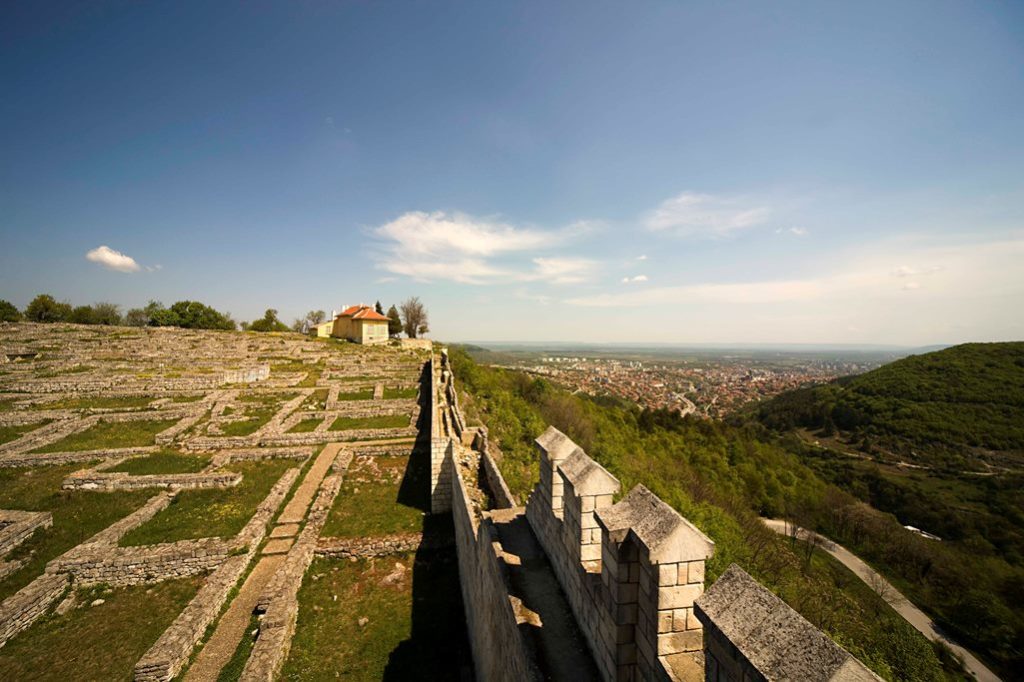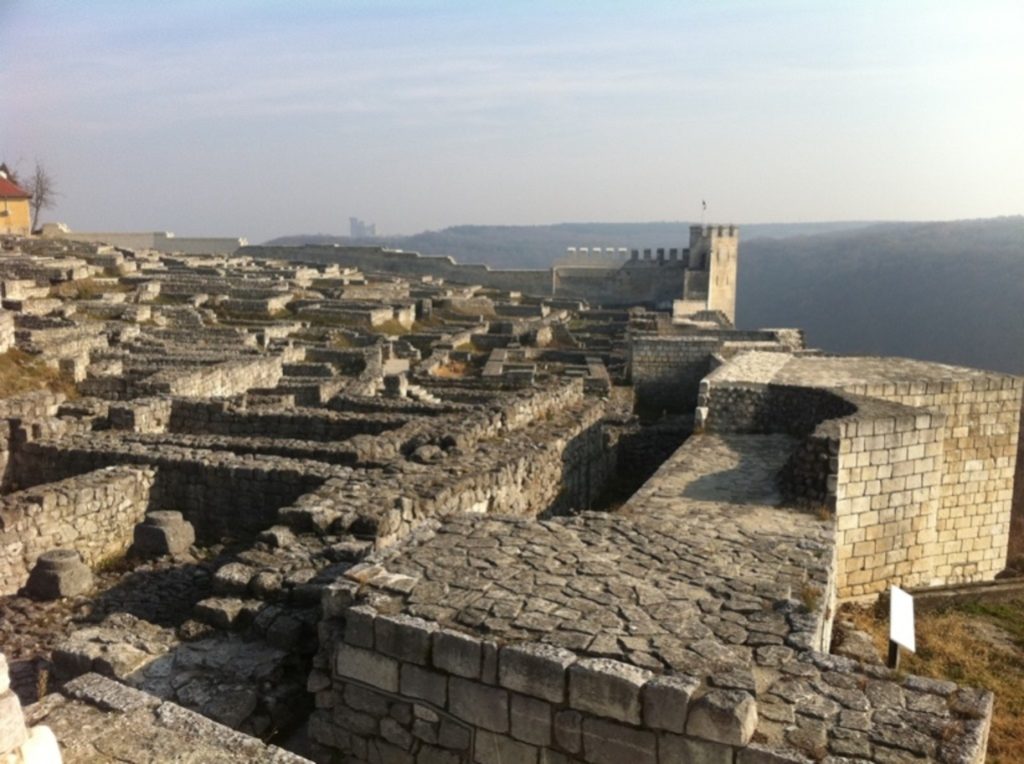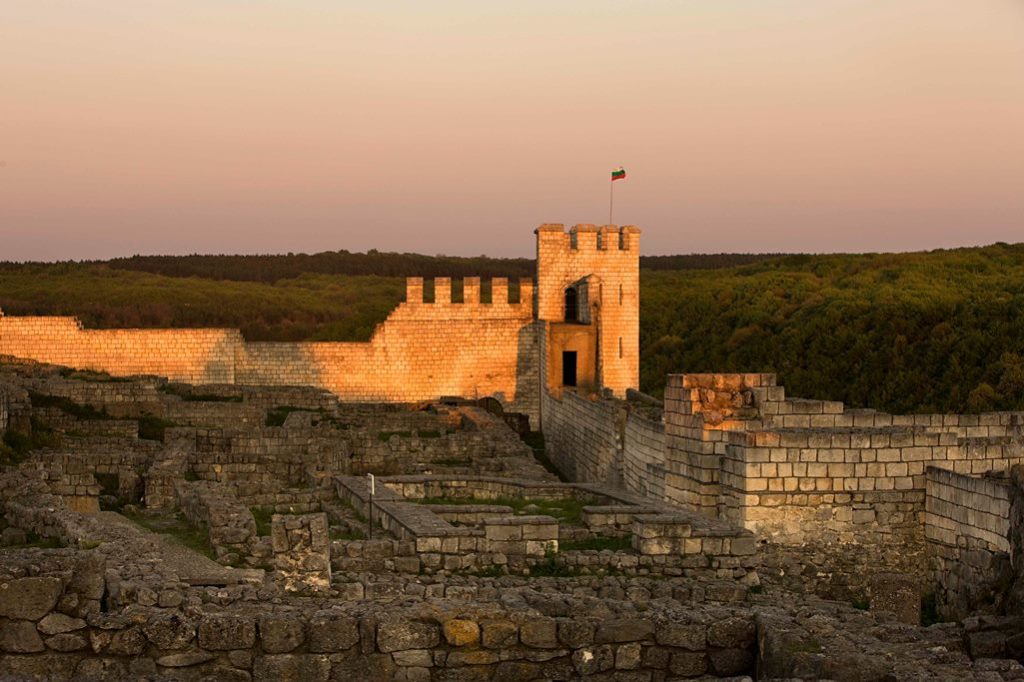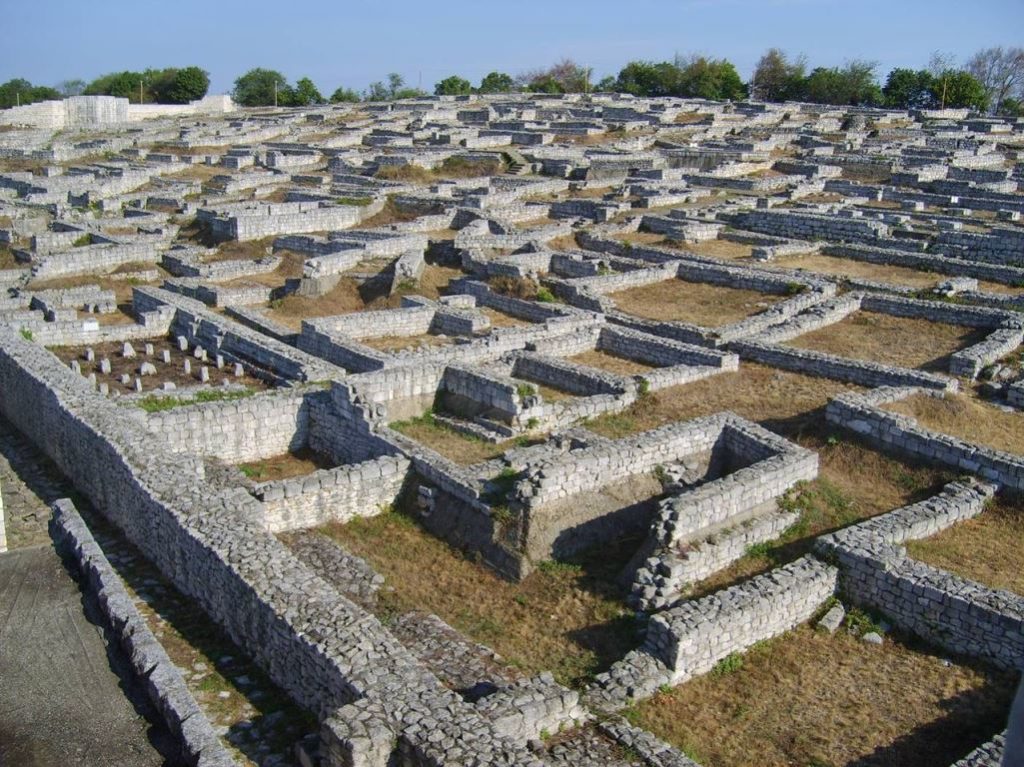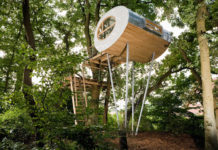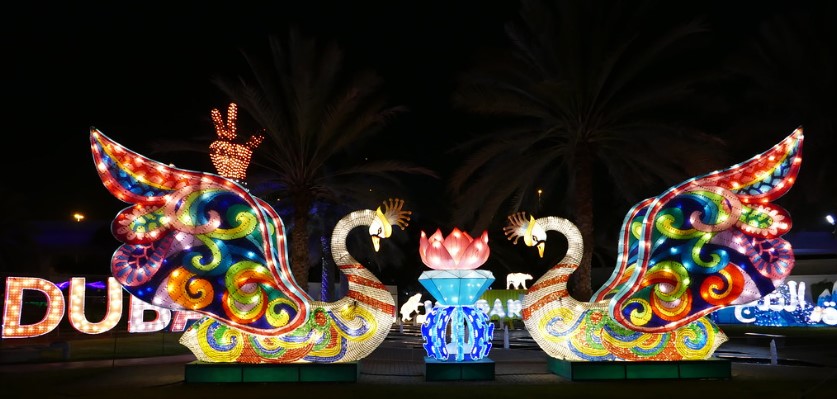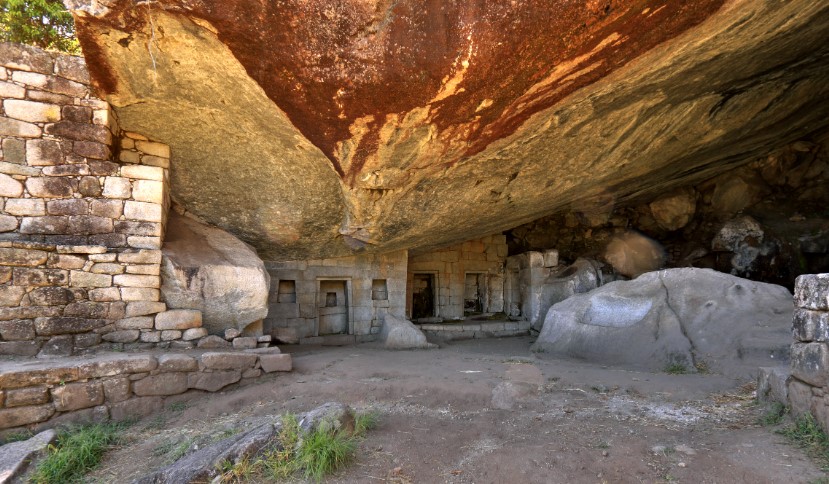In Bulgaria, Shumen Fortress is one of the most popular landmarks, three kilometers away from the center of Shumen. The ancient fortress with historical linkage to a village is situated in the Shumen Plateau, perhaps first built by Thracians and later reconstructed by Romans, Byzantines, and Bulgarians.
Shumen Fortress was conquered and demolished various times until 1444 when it gives to new life. It is thought; the first fortification was built 3200 years ago, probably one of the oldest fortifications in Bulgaria. Therefore, during the first Bulgarian Kingdom 680D to 1018D, the fortification played a vital role due to its closeness to the Pliska and Preslav. However, the second Bulgarian Empire from 1185 to 1396 the Shumen became a prominent economic and cultural center of the city. Many legends believe the Ottomans demolished the fortress after conquering it in 1844.
But archaeological research reveals it was burned and demolished by crusaders led by Vladislav Varnenchik during 1434-1444. The Polish-Hungarian descent had attempted an attack on the Ottomans which proved to be very calamitous as he was killed during the Battle of Varna.
Following this battle, the fortress was looted and gutted and the Ottoman rulers eventually abandoned the fortress completely. The First Empire has revealed during archaeological excavations carried out in 1957, a village dating back to the Iron Age to the 4th century BC. In eastern and central parts of Europe, there is hardly any one area where a nation’s history as a whole, through over one thousand years, is concentrated to the same degree as in Shumen.
The Shumen fortress represents a substantial part of the country’s history and the remains of the Fortress most thoroughly studied in Bulgaria, reveal information about the life and military customs of Bulgarians.
The remains consist of a Roman bath, vessels, pottery, adornments, and coins were found. In 2012, restoration work was started with financial assistance provided by EEA (European Economic Area) and partially completed in 2015 covering the walls of the fortress, creating tracks for walking around the fortress, and also building turnstiles.
These days, Shumen Fortress has converted into a popular tourist destination along with an open-air museum. Tourists are attracted by rebuilt of the tower of the fortress that offers a stunning view of Shumen City.
The restoration works and other infrastructures created to boost tourism are artistic lighting and equipment for temperature and humidity control, publicity brochures, and overall management aspects. The Fortress is nowadays a historical and archaeological reserve, a national tourist site in the area of the Shumen Plateau Nature Park. Source: Bulgaria Travel & Wikipedia


